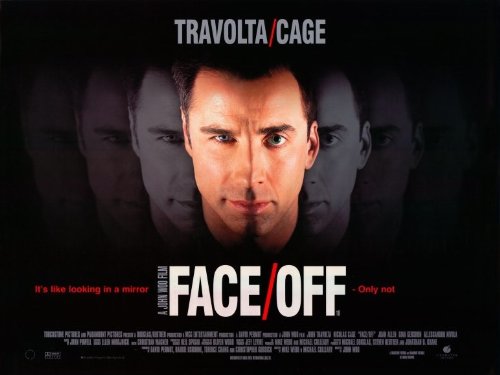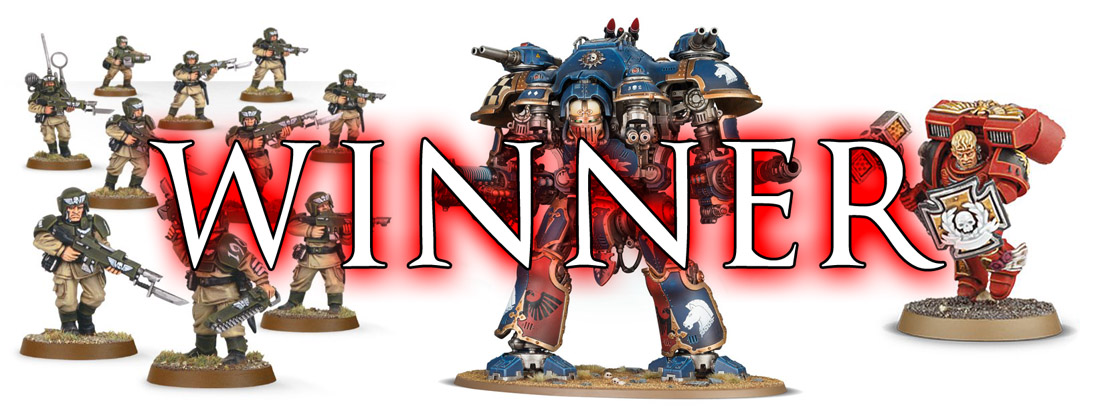40K Op-ed: The Fly In the Imperial Soup


I recently watched a 40K YouTube video advocating the use of soup lists and I want to talk about the proverbial fly in them.
A community guest editorial by EmBee
Hi all. Who the hell am I? I’m the cliched long time reader, first time writer. I’ve been involved in the hobby on and off for the last ten or say year and would describe my approach to Warhammer 40k as a generalist/hobbyist more than a competitive player.
I recently watched a video from Vanguard Tactics on YouTube advocating the use of soup lists in Warhammer 40K and I want to talk about soup lists and the proverbial fly in them.
My good mate Raph* (names have been changed) who I’ve known for a few years now, meets up with me every once in a while, quite irregularly, for game and a drink. Raph is a competitive player who stays up to date with the meta, reads all the forums and enters tournaments. I’m the opposite, I watch battle reports on Youtube and race to get an army painted before the next edition launches. Raph plays a soup list, I play a single faction. Raph beats me every time we play.
A Soupy Conversation
On one of our meet ups, I got the impression that Raph was distracted (or bored) and wasn’t in the mood for a game. I suggested we have a drink and chat instead. What we talked about during our ad hoc hobby therapy session is what’s got me thinking and motivated me to get off my arse and pen this.
When I told you that Raph plays a soup list I’m willing to wager that you guessed its composition straight away. It’s a formula so common on gaming tables and at tournaments that its stereotypical. Guard/Scouts/Rangers for cheap CPs, chaff and objective camping? Check. Knight/ Castellan for fire power? Check. Smash Captain(s)/Custodes Jetbikes for blunting assaults? Check.
Raph asked if it bothers me losing every time we have a game. I thought about this for a bit. In all honesty I’m still learning 8th edition, I’m trying out new tactics and like the narrative and challenge of competing against a better player. I told him as much and jokingly assured him that I’ll beat him one day.
I flipped the question back to Raph, asking him if it bothers him winning against me all the time. To his credit he was honest and said “yeah.” He added that it wasn’t just when we played, but at his local club too. There was more talk at this point, but what struck me the most was at some point Raph said, something along the lines of “playing a soup list is like playing a video game on the “easy” difficulty setting.” I thought this over the last few days and I began to think that he may have stumbled across an underlying truth over soup lists.
The quintessential Imperial Soup list (and all soup lists I believe) that we’re all familiar with is list building optimization, but to the point where player decision making and risk taking is minimal. I began thinking that the low risk nature of Raph’s Imperial soup list didn’t offer much reward when he tabled me and other opponents. It must be like playing 40k stuck on “easy” mode.
 Like this, but with our armies…
Like this, but with our armies…
The Great Experiment
I came up with an experiment to test this idea. When speaking to Raph a few days later on the phone I suggested that we swap armies when we next play a game. This happened about a month later with an interesting outcome.
The first result was that I finally won a game against him (fist pump), but only just. The other takeaway was that I believe this was the most enjoyment I’d seen Raph have in any game we’ve played. He was animated, he was pleading and shouting at the dice, he was joking around, he put a lot more thought into each of his turns and was elated when his decisions paid off. I’ll admit that I too saw the appeal of the soup list, winning is a good feeling, wiping your opponent’s army from off of the table easily is awesome fun.
We talked about this after. I asked him what he thought of facing an Imperial Soup List while playing a single faction army. His reply was “It was like playing 40k in difficult mode.” But, Raph seemed happier. He said that he felt more validated as a player; that it was his decision making and not the optimised list which led to the game being so close.
 Winning an uphill fight is the sweetest plum!
Winning an uphill fight is the sweetest plum!
And that’s kind of my new opinion of soup lists now. Nothing wrong with them but understand that you’re playing the game set on easy mode. And if you’re happy with that, then good for you, but you’re not really challenging yourself as a player.
~But why do competitive players prefer these lists if they’re less challenging? Seriously, let me know.
In my next article I’ll come up with why I think the reasons for this are. And I think it has more to do with game theory than game design.
Give it up for EmBee and feel free to send any op-eds to us at [email protected]






